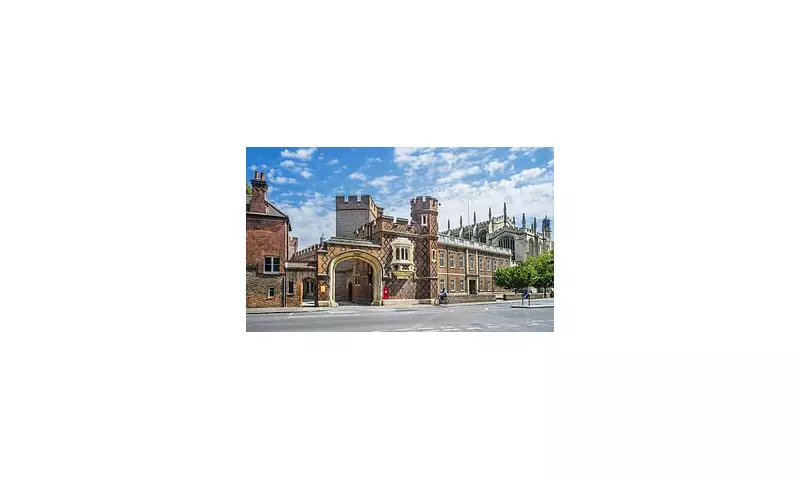
In a groundbreaking move that could reshape child welfare in Britain, Eton College is spearheading an ambitious initiative to transform children's homes across the country. The world-renowned institution, known for educating prime ministers and royalty, is joining forces with other elite boarding schools to bring their expertise to society's most vulnerable children.
The Powerhouse Partnership
The radical scheme, developed in collaboration with the National Youth Advocacy Service (NYAS), aims to create a network of children's homes that mirror the exceptional pastoral care and academic environment of Britain's top boarding schools. This isn't merely about improving facilities—it's about fundamentally reimagining what care looks like for children who need it most.
Beyond Brick and Mortar
The vision extends far beyond physical buildings. The initiative promises to provide:
- Elite educational resources and tutoring from partner schools
- Comprehensive pastoral care modelled on boarding school house systems
- Extracurricular excellence including sports, arts, and leadership programmes
- Mentorship networks connecting children with professionals and alumni
- University preparation and career guidance typically reserved for privileged students
A Response to Systemic Failure
This unprecedented intervention comes amid growing concerns about the state of children's social care in Britain. With local authorities struggling to provide adequate support and too many children falling through the cracks, this partnership represents a bold attempt to bring private sector excellence into the public care system.
The Windsor Connection
While the programme has national ambitions, its roots are firmly planted in Windsor, where Eton's influence and resources can serve as a powerful catalyst for change. The involvement of an institution with Eton's reputation signals a serious commitment to elevating standards across the board.
Challenges and Opportunities
Critics may question whether boarding school models can effectively translate to children's homes, but proponents argue that the core principles—structured support, academic encouragement, and community building—are exactly what the care system needs. The partnership aims to prove that with proper resources and commitment, every child can access the opportunities typically reserved for the elite.
As this initiative gains momentum, it could mark the beginning of a new era in children's social care—one where privilege isn't hoarded but shared, and where the values of Britain's greatest educational institutions become tools for social mobility rather than symbols of exclusion.





